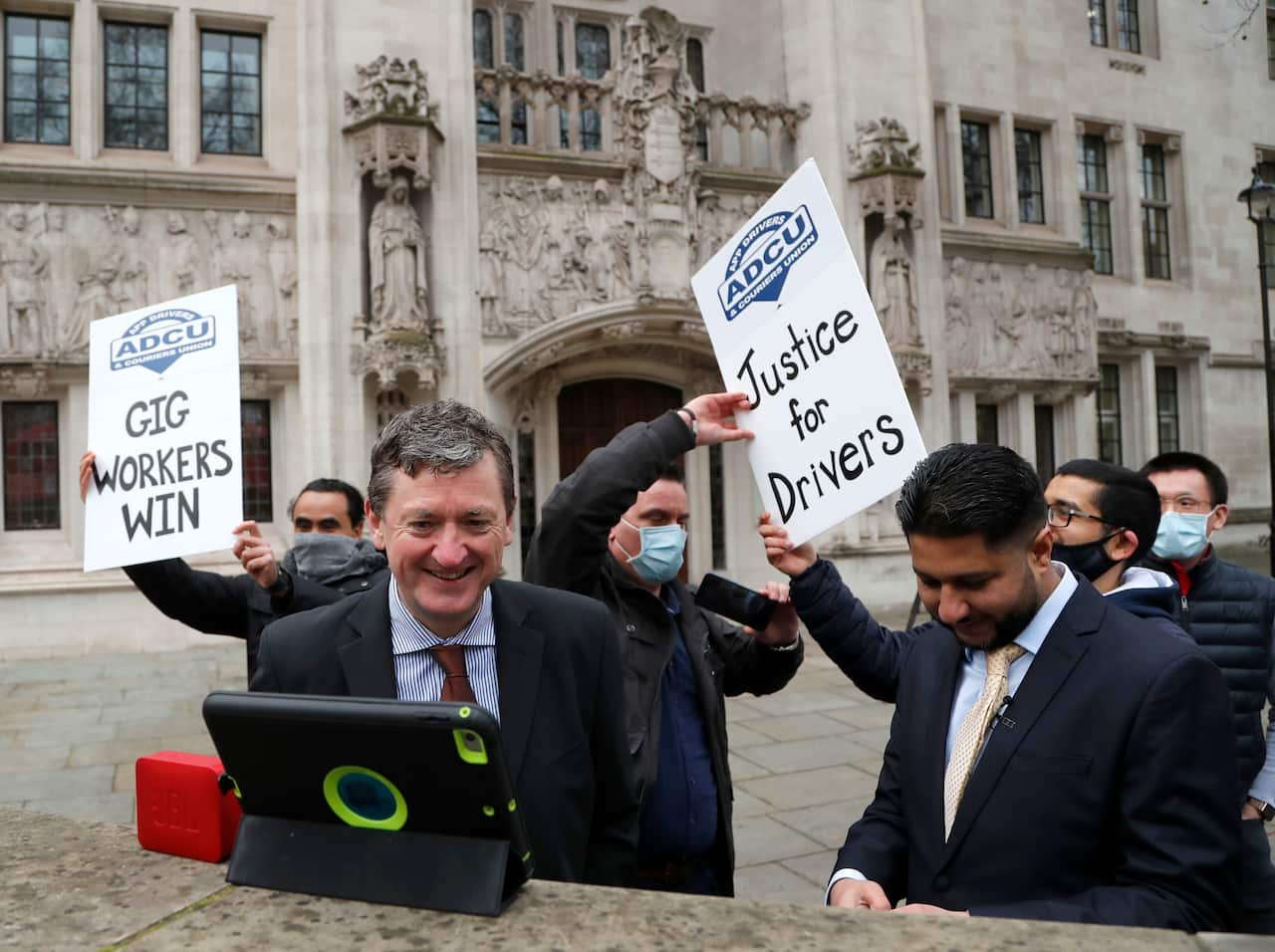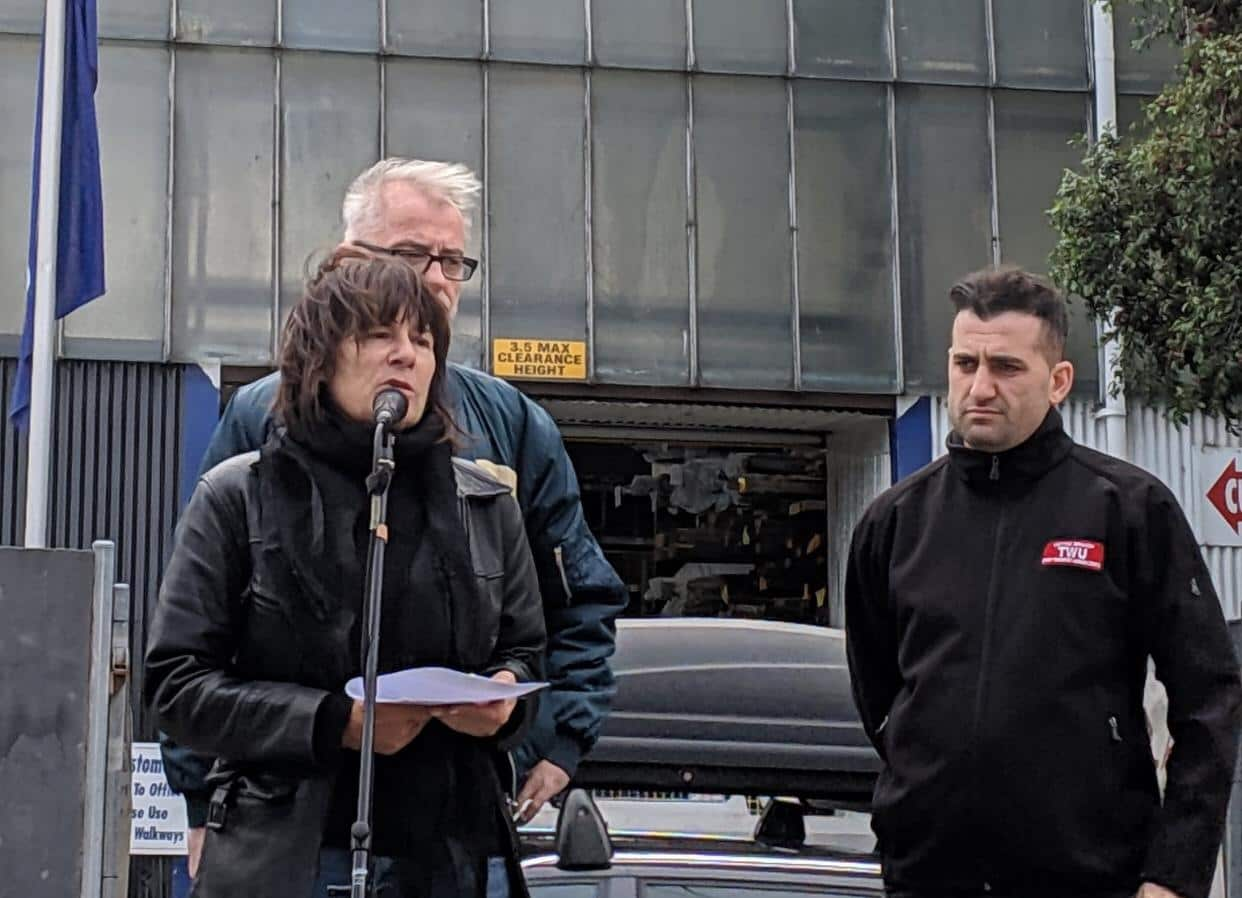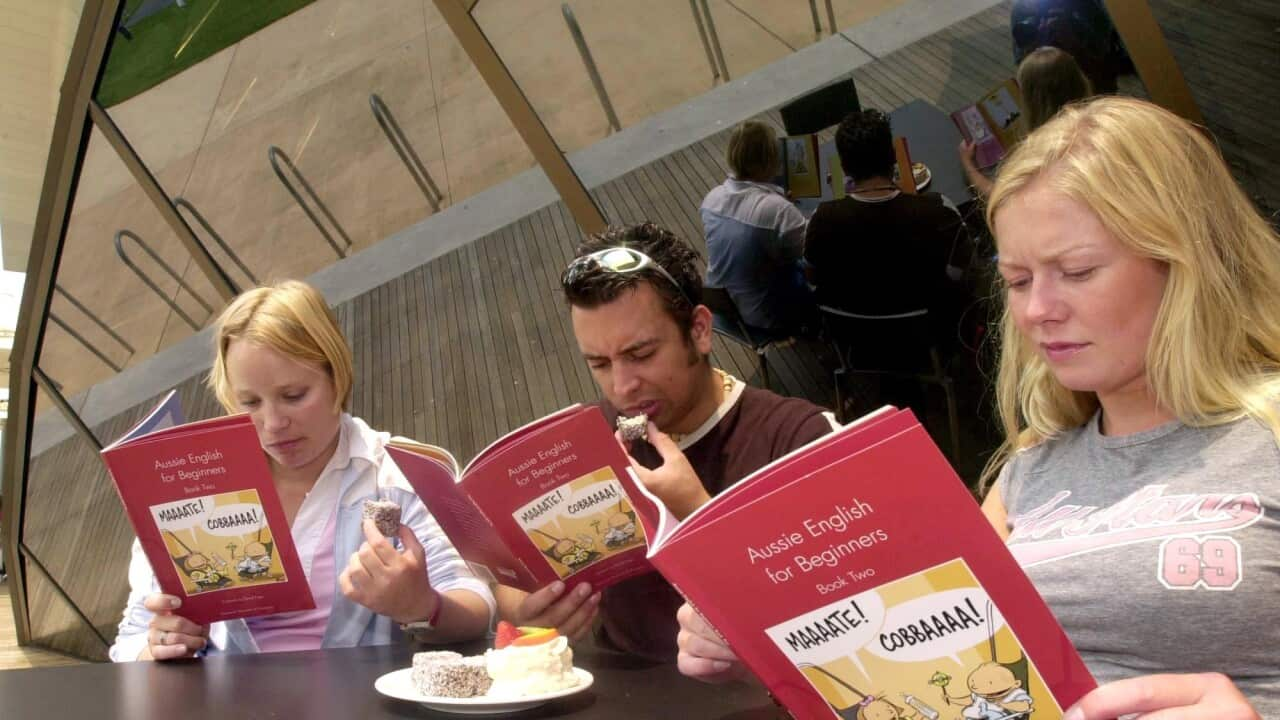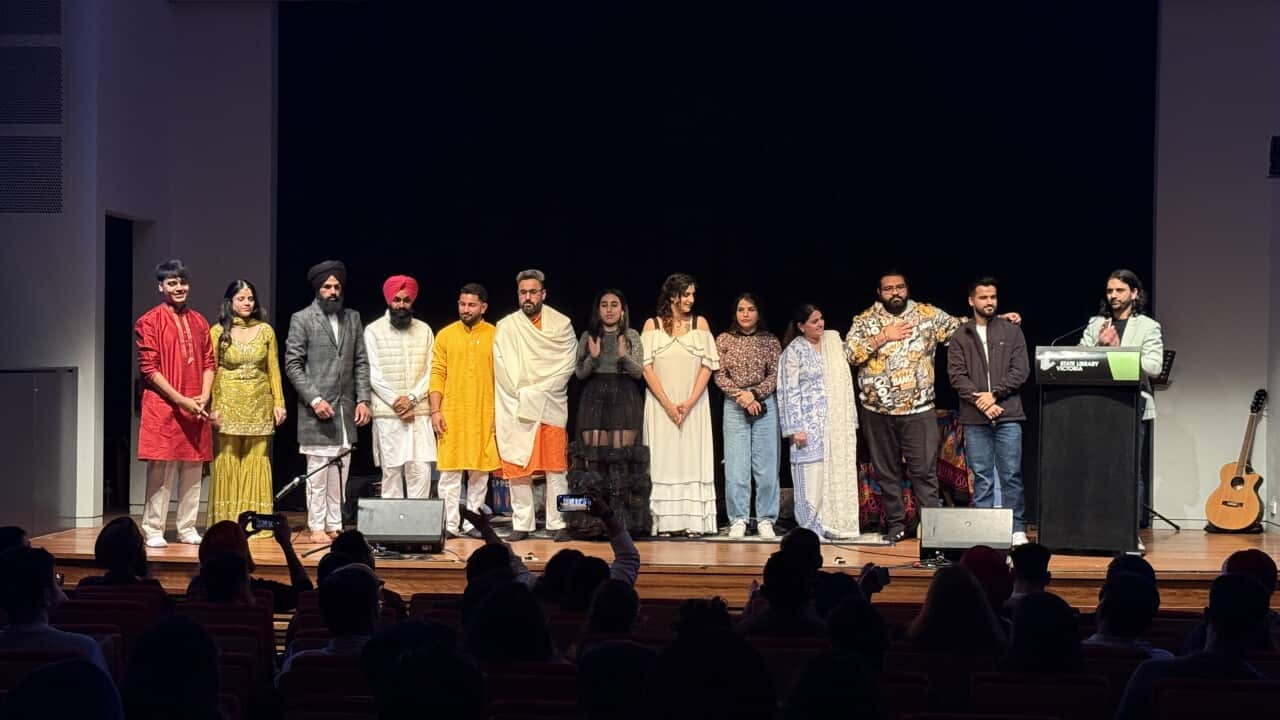Sheryn Omeri was the counsel for lead claimants, Yaseen Aslam and James Farrer, in the UK Supreme Court case which challenged Uber to establish that Uber drivers in the UK are 'workers'.
An Australian who practises law here as well as the UK, Ms Omeri told SBS Urdu about the case and what it could mean for rideshare drivers in Australia.
Highlights:
- On 19 February, UK Supreme Court pronounced Uber drivers as ‘workers’ entitled to national minimum wage and holiday pay
- Australian rideshare drivers' representative says they too deserve better working rights
- Uber Australia says reform could be pursued in Australia under their existing legal framework
She says the UK Supreme Court decision might be helpful for rideshare drivers in Australia because it appears that Uber's business model is the same here.
“For the Australian court, it is really now to consider whether Uber drivers get the rest of the way to the definition of ‘employee’ using the same test as applied in England to determine worker status or employee status,” she explained.
In layman terms, the English courts have done half the work for the Australian courts because they found that the Uber drivers make it halfway between independent contractor and employee.
What is the UK Uber case?
For Yaseen Aslam, one of the main claimants in the UK Uber case, it was a hard-fought battle to get work rights for himself and other drivers of the rideshare company.
Mr Aslam told SBS Urdu that he was one of the first few drivers to join Uber X in 2013 when it was launched in London. In 2015, he along with other drivers, filed the 'workers' case against Uber on the challenges drivers were facing at that time, such as better pay and protection in the form of minimum wage, holiday pay and protection from discrimination at work.
“In 2016, the case had concluded but Uber appealed the decision in the Tribunal Court. From there, the case then went on to the High Court and finally to the Supreme Court.
“After the case, the 70,000 rideshare drivers who work in the UK have been getting 12 per cent holiday pay and 3 per cent pension. This did not exist before the case,” says Mr Aslam.
Case Timeline
October 2016 - Employment Tribunal decides Uber drivers are entitled to minimum wage and holiday pay under Section 230(3)(b) of Employment Rights Act 1996
November 2017 - Employment Appeal Tribunal dismisses Uber's appeal
December 2018 - Court of Appeals upholds Employment Appeal Tribunal's decision
February 2021 – UK Supreme Court upholds Employment Tribunal decision

Uber drivers of the (ADCU), App Drivers & Couriers Union, celebrate as they listen to the court decision Source: AP
Is a worker an employee or independent contractor?
The ‘worker’ according to English law, is a status halfway between an independent contractor and an employee.
The contractor is neither entitled to minimum wage nor vacation pay or any employee protection.
An employee has all rights such as minimum wage, leave and employment protection. They can sue the employer for unfair dismissal, discrimination (based on racial, sexual or disability grounds).
What was the outcome?
The UK Supreme Court determined on 19 February this year that Uber drivers are indeed ‘workers’ and are entitled to be paid national minimum wage and holiday pay.
Previously, they were considered ‘independent contractors’ and did not get these perks.
What could it mean for Australia?
In Australia, there is no middle ground for a ‘worker’ as in the UK. People who work are either considered employees or independent contractors.
Ms Omeri practices in London and Sydney as a dual-qualified barrister. She says that the reason why the British decision is useful in Australia is because it is the same test and the threshold is simply lower for a worker here.
“It is the same test that, if applied, you only need to get halfway to being an employee in order to be considered a worker in the UK and therefore, entitled to some employment protection which I mentioned earlier.

Gig-economy companies such as Uber are coming under increasing pressure to improver workers' rights. Source: AAP
What does Uber Australia say?
The gig-economy giant says that unlike Australia, the UK already had a third status of ‘worker’.
“There are reform solutions that could be pursued in Australia under our existing legal framework that could deliver a stronger safety net for gig workers than what currently exists.
“Sector-wide requirements for platform companies to accrue benefits and provide insurance and other minimum standards, could help improve independent work, ensure a level playing field, and deliver business certainty.
“In Australia, we want to work with the government, industry and workers on reforms that provide stronger benefits and protections for independent contractors in the gig economy,” an Uber Australia spokesperson told SBS Urdu.
Ms Omeri says that while Uber appears to be making the right noises, noticeably, it does not mention important worker rights such as the payment of minimum wage. This would go a significant way in preventing Uber workers from taking life-threatening risks in the carrying out of their work for Uber to ensure they earn enough to make ends meet,” she elaborated.
“Ultimately, the proof of the pudding is in the eating. So, it will be interesting to see what precisely Uber proposes to do in order to help improve the lives of those who work for it.
“Menulog has declared that in Australia, it proposes to treat its workers as employees, affording them all of the benefits of that status. What in the Uber business model is preventing it from doing the same,” she questioned.

Rideshare Driver Network Debra Weddall speaking at the Uber protest in Melbourne, 2019. Source: Debra Weddall
What do Australian drivers think?
Debra Weddall is the spokeswoman of the Rideshare Driver Network in Australia and is fighting for better working rights for drivers since the last few years.
She believes Australian drivers are representative of a new underclass of workers not covered by the existing industrial framework.
“Australian judgments that have determined drivers are not subject to industrial standards of employment, have been based on legal precedents that were made prior to the software revolution that has superseded human workplace direction.
“We need to revisit the criteria in the light of this change, and not just hand our country’s employment standards to the first company to come along with modern and evasive employment practices, as Uber did,” she told SBS Urdu.
However, Mr Aslam hopes that just like the UK drivers, every driver in the world should get better rights.
“Last year we organised an event in which drivers’ representatives from 23 countries, including Australia, participated. It is not just happening in the UK. It is happening everywhere including Australia, India and Pakistan."
There should be minimum rights for the drivers in any country of the world.
Click the audio icon in the picture above to listen to the podcast in Urdu.
- SBS Urdu is broadcast every Wednesday and Sunday at 6 PM (AEST).
- How to Listen
- COVID 19 Latest Updates in Urdu
- Install “SBS Radio” mobile app




